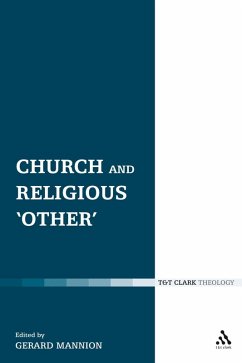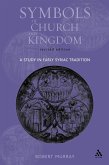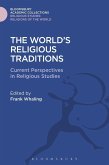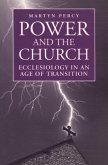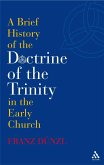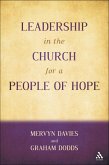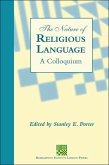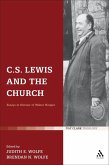This volume brings together the prestigious speakers at the inaugural Church in Our Times Lecture Series at Liverpool Hope, throughout the first 4 months of 2006, and invited contributors from and addressing wider international contexts - Africa, Sri Lanka, India and the United States.
The volume explores themes such as questions of ecclesial and religious identity in these post-modern times, the advent of neo-exclusivism, divisions within the contemporary Roman Catholic and Anglicans churches, inter-faith relations and dialogue, questions of sexuality and Christian ministry, contemporary understandings of ecclesial authority, teaching and tradition, the inter-relation between the church and the kingdom of God today, an Asian appraisal of Pope Benedict's first sermon, inculturation and the rhetoric and reality of the notion of Church as Christianity's most distinctive and defining feature and constructive proposals for ecumenical ways forward in the future.
The commonality and coherence of the papers, along with the manner in which a number of them together contribute towards making a cumulative case upon similar issues of concern for the 'church in our times', constitute a major strength of this collection. This volume will interest faculty and students engaged in the study of the contemporary church, ecumenism, global Christianity, secularity and inter-religious dialogue, as well as appealing to ministers and pastors as well as the general reader excited by the most pressing debates pertaining to the church in these times.
The volume explores themes such as questions of ecclesial and religious identity in these post-modern times, the advent of neo-exclusivism, divisions within the contemporary Roman Catholic and Anglicans churches, inter-faith relations and dialogue, questions of sexuality and Christian ministry, contemporary understandings of ecclesial authority, teaching and tradition, the inter-relation between the church and the kingdom of God today, an Asian appraisal of Pope Benedict's first sermon, inculturation and the rhetoric and reality of the notion of Church as Christianity's most distinctive and defining feature and constructive proposals for ecumenical ways forward in the future.
The commonality and coherence of the papers, along with the manner in which a number of them together contribute towards making a cumulative case upon similar issues of concern for the 'church in our times', constitute a major strength of this collection. This volume will interest faculty and students engaged in the study of the contemporary church, ecumenism, global Christianity, secularity and inter-religious dialogue, as well as appealing to ministers and pastors as well as the general reader excited by the most pressing debates pertaining to the church in these times.

